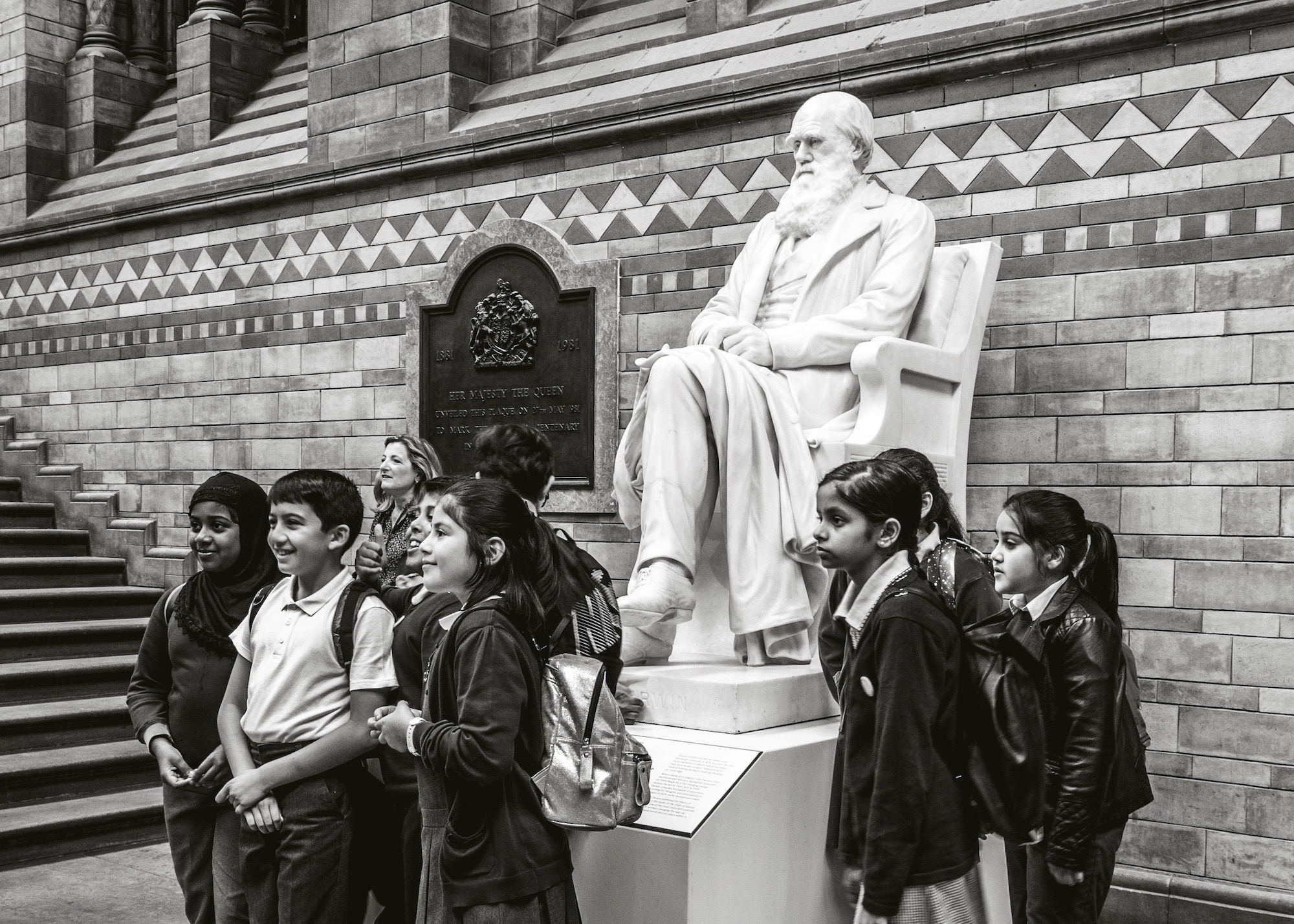This blog post was published under the 2017 – 2019 Conservative government
In addition to lesson plans and strategy, extra-curricular activities can play a crucial role in helping pupils build life skills at school. During these sessions, educators can teach resilience, confidence, team working and leadership skills. All of these are strongly associated with success in school and the labour market.
Greenford High School, in the London Borough of Ealing, engaged its Prevent working group to carry out a departmental mapping of British values. It identified opportunities outside of the curriculum where these values are demonstrated. It found that a holistic approach can develop a strong school ethos to promote British values and, principally, the personal skills mentioned above. These include:
- Assemblies, projects and collective worship sessions to address how British values are relevant to all pupils.
- Circle time to promote critical thinking and opportunities to discuss current affairs and topical issues.
- International days to celebrate cultural awareness and social activism.
- Fundraising initiatives to raise awareness and support for global humanitarian issues.
- Peer-mentoring, after-school clubs (e.g. debating clubs to discuss local, national and global issues).
- School trips focused around core topics related to British Values and Extremism (e.g. a visit to the Imperial War Museum could help promote understanding of our democracy, the rules of war, and the dangers associated with hate speech and authoritarianism).
There are a number of extra-curricular school resources and programmes available via the Educate Against Hate website, including:
Debating Matters
Debating Matters has produced two Resource Packs. These are designed to support teachers in organising a debate club within their schools, or to establish their own debating events. Debating can be a great way of allowing your students to engage with a broad range of social, scientific and ethical issues.
Democracy Challenge
Democracy Challenge is a programme of creative activities. These can help young people to develop awareness, skills and knowledge related to democracy and voting. It encourages young people to think for themselves, to question, to challenge and to develop confidence in expressing their opinions. It introduces how things work in our democratic system, and asks young people what really matters to them. They are inspired to explore how they want to engage with democracy and to see themselves as active citizens. Through these programmes, they learn that they can make a contribution to democratic society, through voting and other means.
UNICEF Right’s Respecting Schools Award
UNICEF’s Right’s Respecting Schools Award aims to transform schools into places where children feel in control of their futures. The organisation works with UK schools to create inspiring places to learn, where children are respected, their talents are nurtured and they are able to thrive. The Rights Respecting Schools Award embeds these values in daily school life. It also gives children the best chance to lead happy, healthy lives and to be responsible, active citizens. The award is based on principles of equality, dignity, respect, non-discrimination and participation.
By engaging pupils in these extra-curricular activities, we help them develop skills that build resilience to extremist ideology and the threats of offline and online radicalisation.

